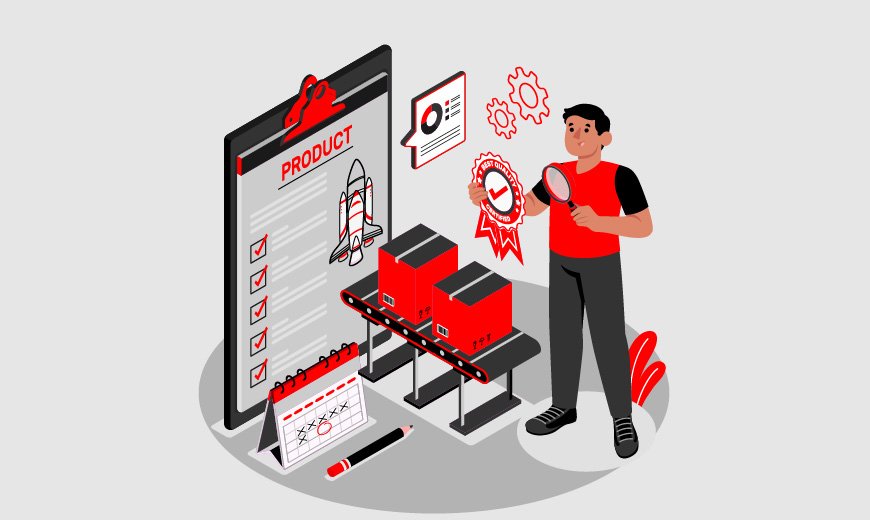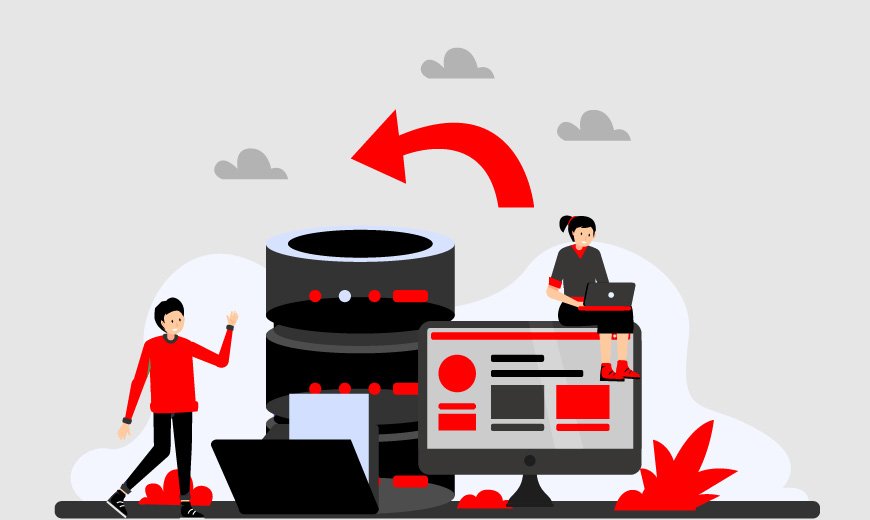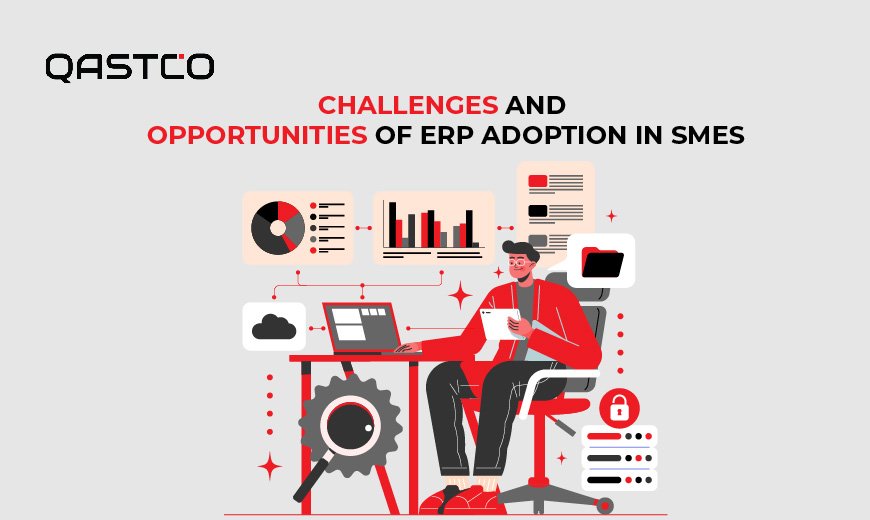SMEs are the backbone of any field. It is because these are the companies that finally scale and grow into multinational companies and conglomerates. ERP for SMEs can make the process of this scaling and growth smoother. Small businesses ERPs are available in the market, and also the customised ERPs are available according to the needs of SMEs. Small and medium businesses can opt for SME ERP implementation as they want.
According to Cybrosys.com, the SME ERP implementation decreases operational expenses by about 11%. Also, it reduces the decision-making time by almost 35%. These simple facts show how small businesses ERP is effective.
Challenges and Opportunities of ERP Adoption in SMEs
ERP is quite effective but it also poses some challenges along with opportunities. There can be many reasons for the challenges being faced by SMEs to implement ERP for SMEs. But the opportunities are also there to outrun the challenges.
Challenges of ERP Adoption in SMEs.
Due to the scale of the business, or it might be the decision-making process, or it is the field in which the organisation is working, SMEs do face challenges in the adoption of ERPs. These challenges are described below:
Challenges of Costs:
The cost of acquiring and implementing ERPs for small businesses is a great hurdle in adopting small businesses ERPs. The software licence, the hardware required to run, and the upgradation costs cause small and medium businesses to think again and again while going for ERP for SMEs.
Complexity of ERPs:
Most of the time as SMEs are growing businesses, they might not have full-fledged IT departments. Sometimes ERPs are complex and SMEs don’t have an IT department to operate them on full scale. This complexity sometimes poses a challenge when adopting small businesses’ ERP.
Customization Requirements:
As SMEs have different needs of processes and requirements as compared to multinational or big companies, there might be a need for extensive customization of ERP software. This increases the costs and time of implementation for small businesses ERP. This need for customised ERP solutions acts as a great challenge for SMEs.

Change Management:
The challenge of change management is faced by all companies whether it is small, medium, big multinational, or conglomerate. Most of the time employees resist change, as there is a need for training and changes in business processes.
Data Migration:
As SMEs usually operate on manual records, or using simple office tools the data migration to newly implemented ERP can be quite challenging. If the data migration is not smooth and accurate it can cause many operational hazards. This poses a great challenge to SMEs for the adoption of ERPs for SMEs.

Opportunities of ERP Adoption in SMEs.
There are a lot of opportunities that can be exploited through SME ERP implementation. It not only helps exploit opportunity but also opens the window of opportunity for businesses in many aspects.
Improved Efficiency:
ERPs for SMEs streamline the business operations and processes which improves the process and production efficiency. Once the processes are automated, the workers can focus and work on more strategic matters. Improved efficiency results in increased savings and satisfied customers.
Improving Scalability:
As the SMEs scale they need planning and management software like ERPs. These ERPs for SMEs can be accommodated with the increased scale. Also, these small businesses’ ERPs help the SMEs in scaling as well. Businesses can manage and serve more customers with it, also the ERPs make the business processes smooth so SMEs can plan to expand and grow based on better usage of ERPs.
Data-Based Decision Making:
ERPs for SMEs can provide real-time data for all the operations going on. Businesses can decide easily based on the real-time data available. Also, these systems can provide analysis of the data available. Through these analytics and insights, businesses can make informed strategic decisions and can serve the customers better.

Competitive Advantage on Competitors:
SME ERP implementation is a great strategic decision for small businesses. However, implementing small business ERP can give an extra edge to a business over the competitors. It is because through ERP for SMEs businesses are going to improve operational efficiency and serve the customers better.
Improved Reporting across Organization:
ERP for SMEs allows small businesses to have better and more timely reporting. These systems can generate various financial, comparison, and operations quickly. This reporting can benefit internal as well as external stakeholders.
In a nutshell, ERP for SMEs poses challenges to SMEs, but also there are a lot of opportunities that come with the package of small businesses ERP. Businesses need to do an ERP cost-benefit analysis to adopt ERP. Businesses can weigh the opportunities as compared to challenges and step up for the adoption of ERP and start growing smoothly.


Leave a Reply
You must be logged in to post a comment.